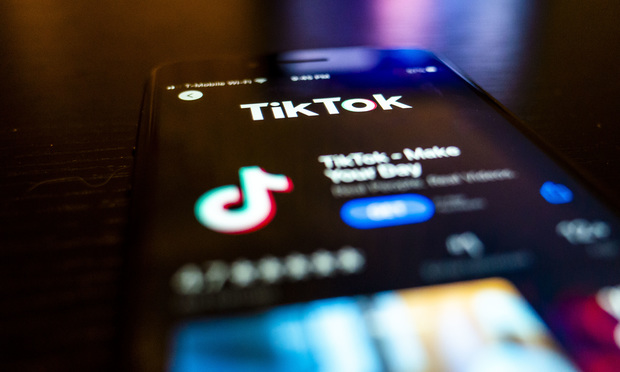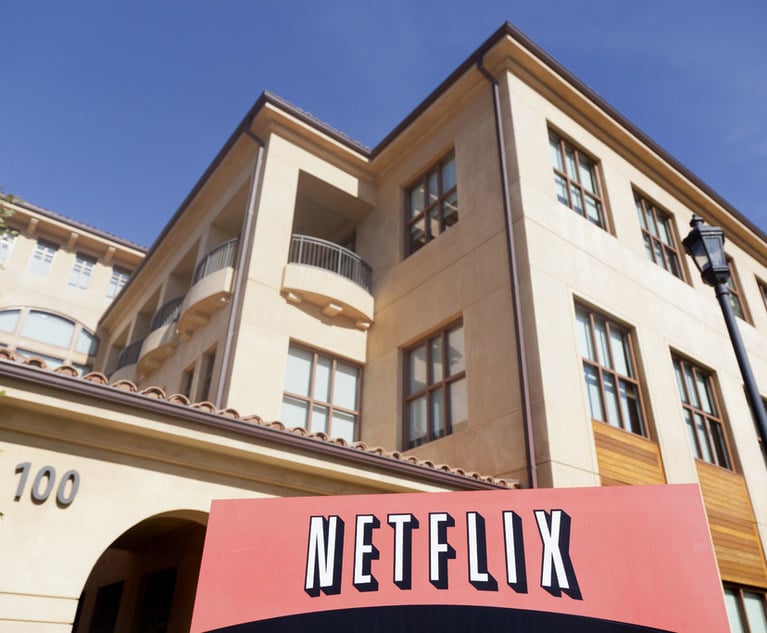Over the weekend, in what may go down in history as the strongest anti-dancing effort since “Footloose,” President Donald Trump signed two executive orders barring U.S. transactions not only with TikTok, but also the global tech-giant WeChat. The TikTok order prohibits “any transaction by any person, or with respect to any property, subject to the jurisdiction of the United States, with ByteDance Ltd. (a.k.a. Zìjié Tiàodòng), Beijing, China, or its subsidiaries, in which any such company has any interest, as identified by the Secretary of Commerce.” Similarly, the WeChat order prohibits any “transaction” by any person, or with respect to any property, subject to the jurisdiction of the United States with Tencent Holdings Ltd. (a.k.a. Téngxùn Kònggǔ Yǒuxiàn Gōngsī), Shenzhen, China, or any subsidiary of that entity, as identified by the secretary of commerce. In 45 days, Wilbur Ross (who, in a certain light, bears an uncanny resemblance to John Lithgow) will tell us what constitutes a “transaction.”
As justification for these orders, the president cited political concerns relating to the Chinese Communist Party. The TikTok order notes reported censorship of politically sensitive content (e.g., Hong Kong protests and treatment of Muslim minorities) and the propagation of disinformation to benefit the Chinese Communist Party. The “twin” WeChat order defines the threat as the app’s improper collection of users’ personal and proprietary information to which the Chinese Communist Party may have access.


 TikTok app displayed on an iPhone. Photo: Diego M. Radzinschi/ALM
TikTok app displayed on an iPhone. Photo: Diego M. Radzinschi/ALM







